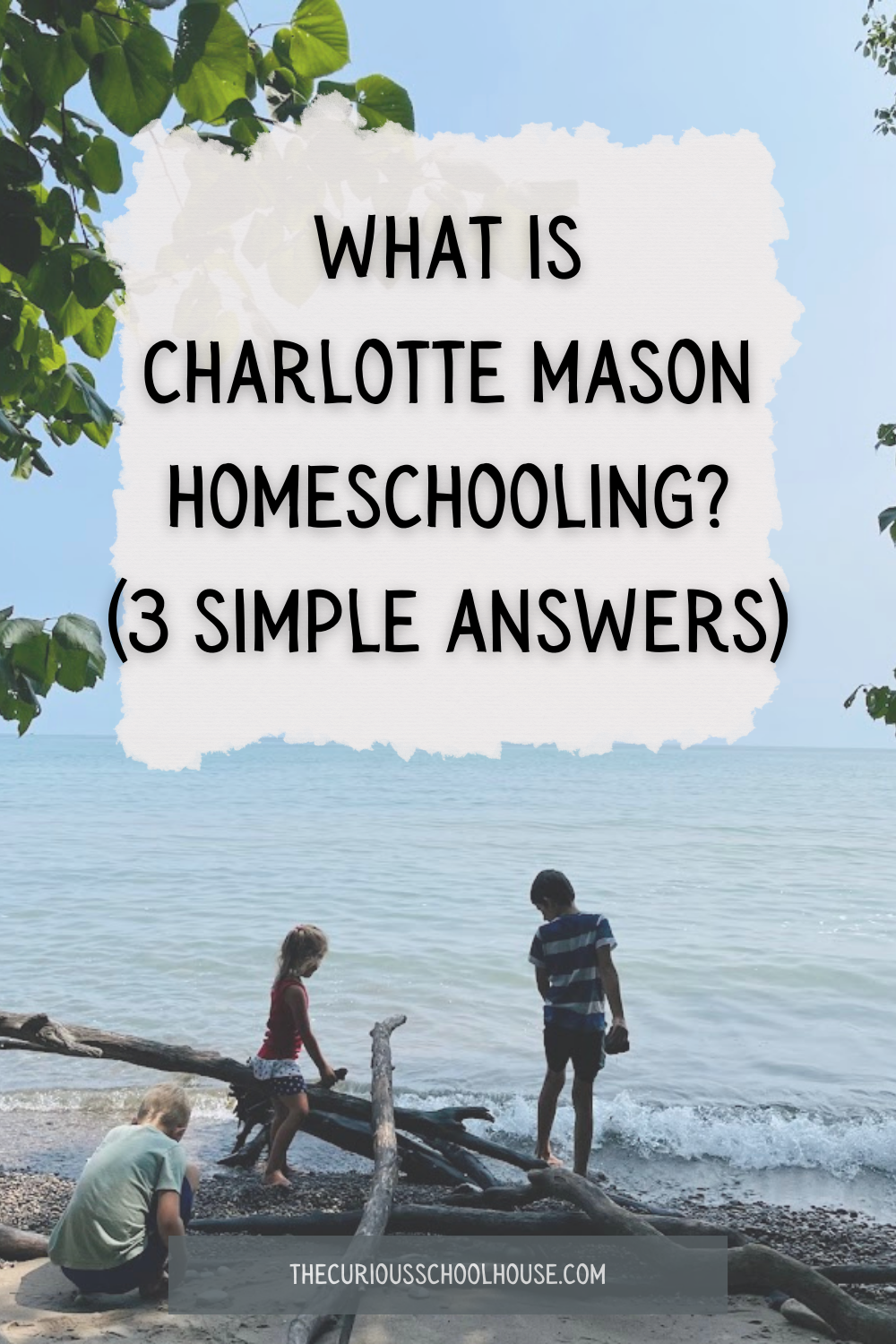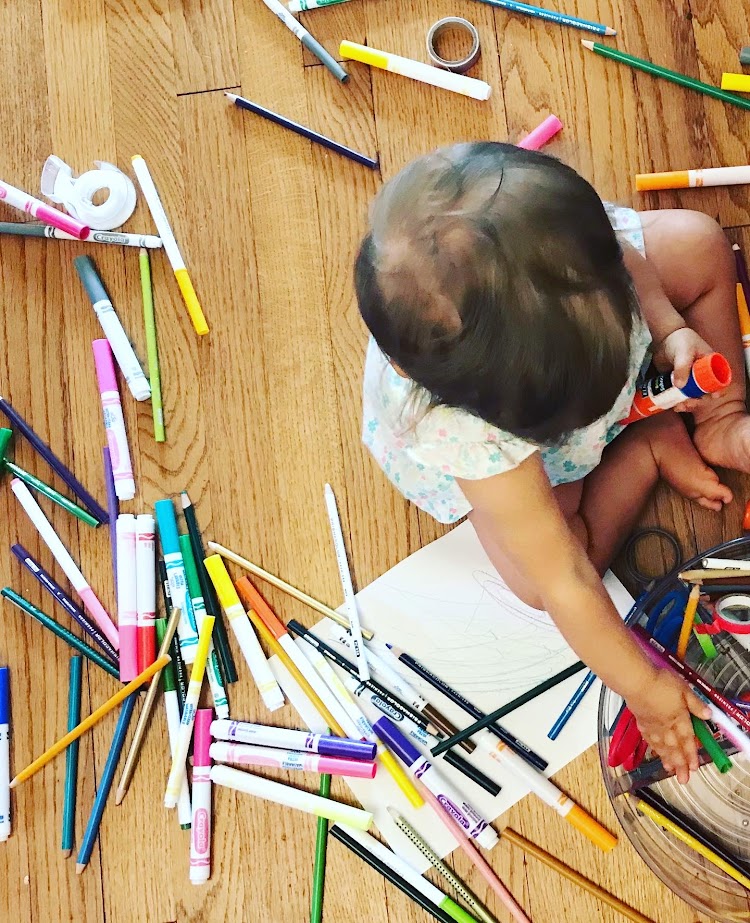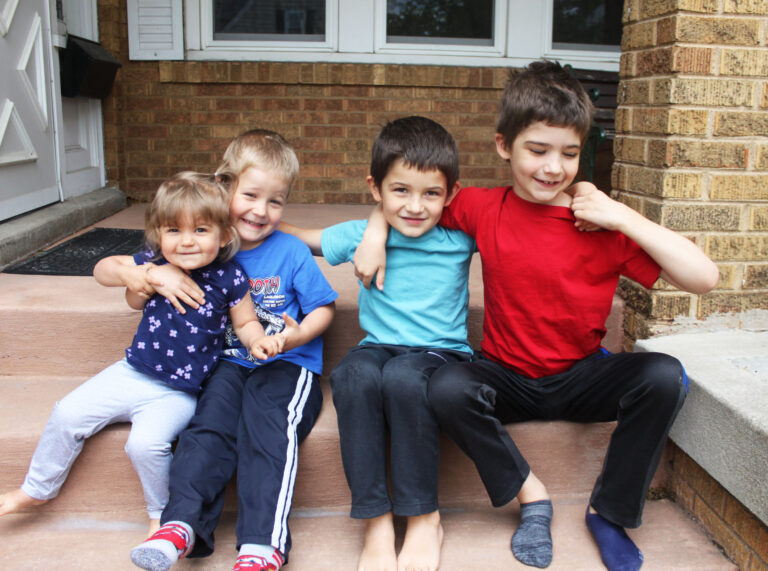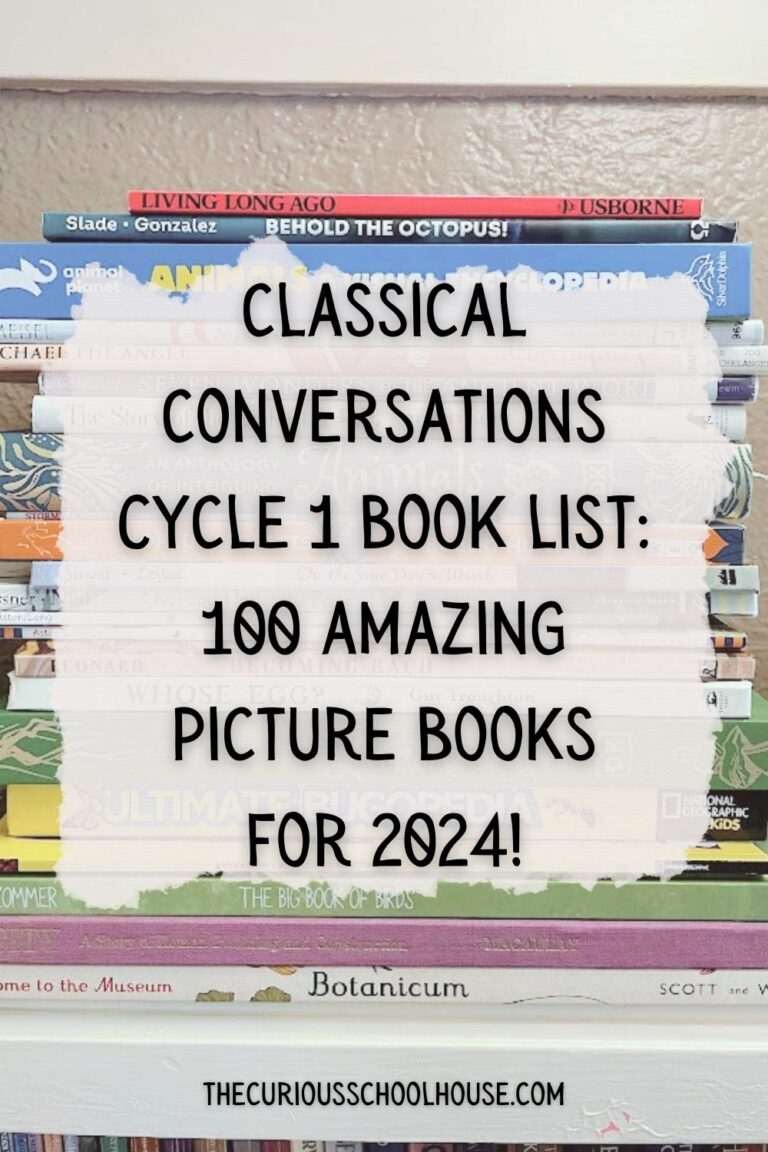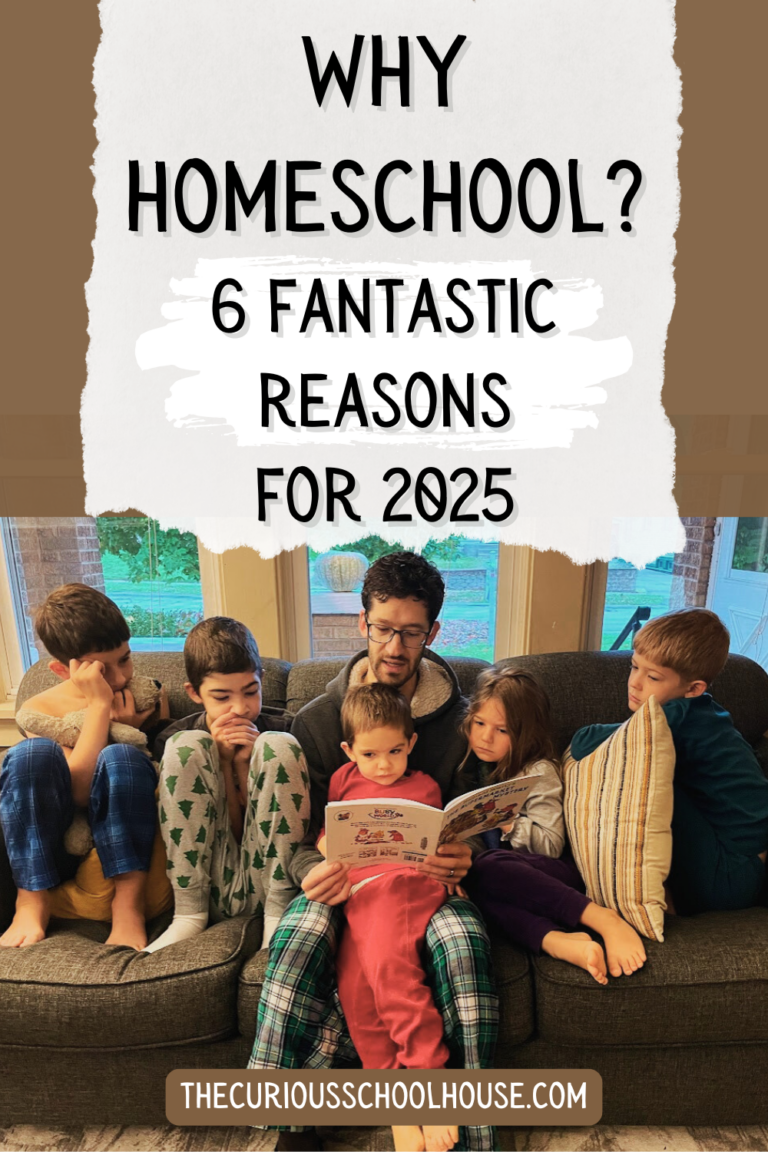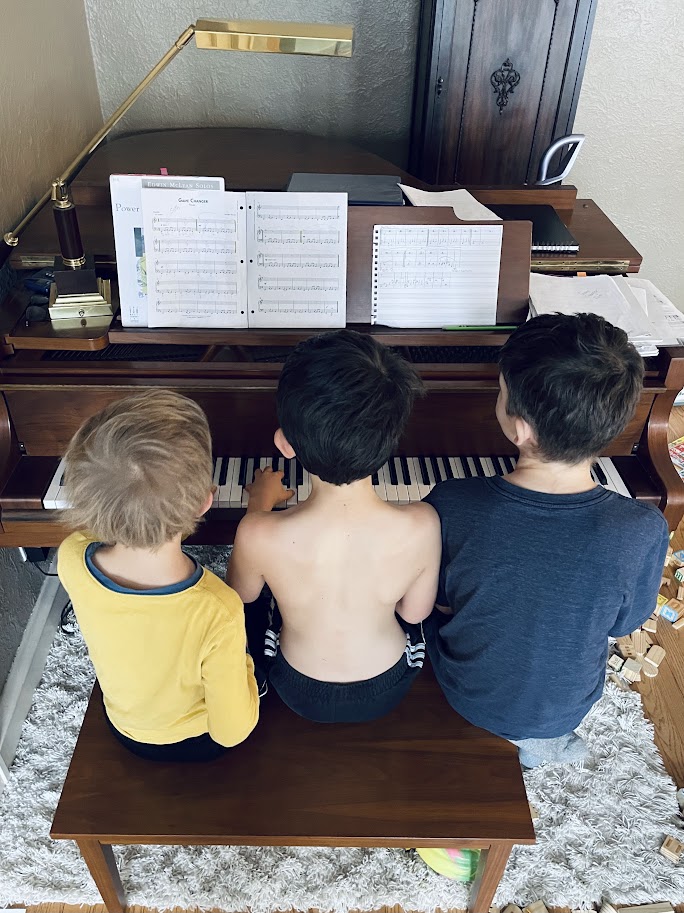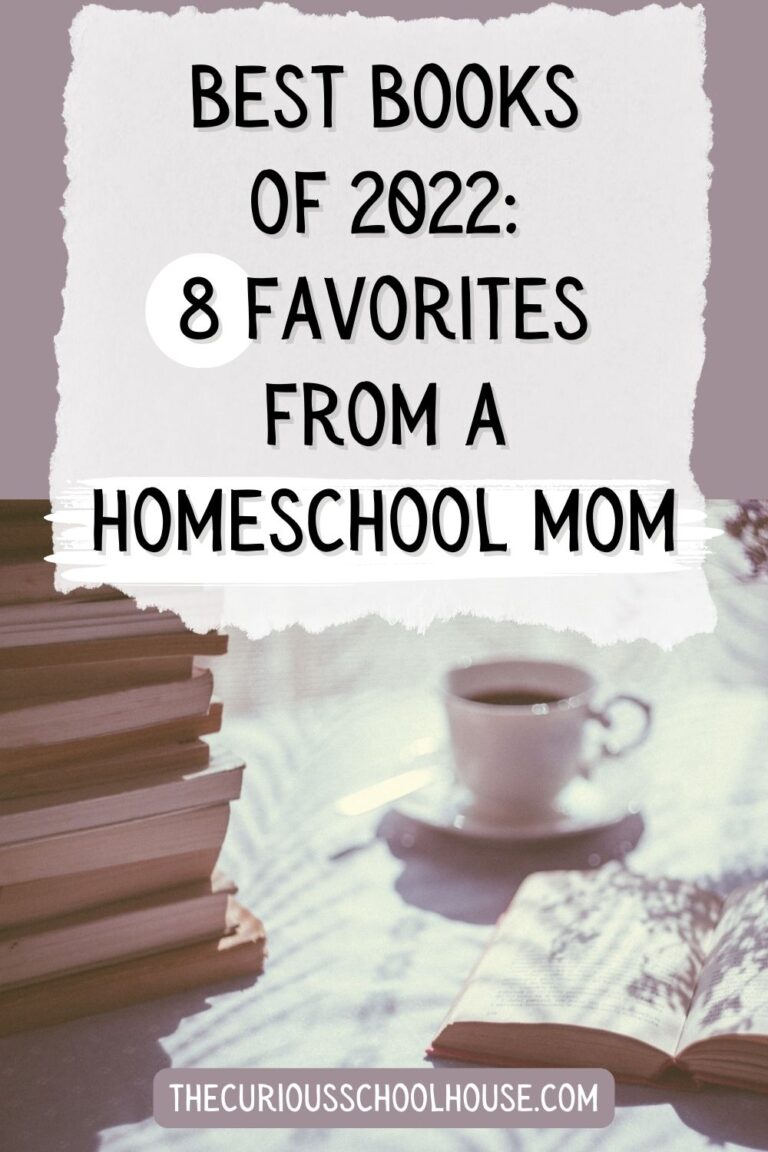What is Charlotte Mason Homeschooling? (3 Simple Answers)
This blog post contains a brief introduction to the Charlotte Mason homeschool method, including three of her foundational beliefs and descriptions of how we implement them practically in our home. Charlotte Mason homeschooling is a wonderful educational philosophy that feeds the child’s mind, body, soul, and spirit.
I still remember the first time I heard of Charlotte Mason. My mother in law had given me a large purple book written by someone I had never heard of, about someone I had never heard of, and, since I was embarking on my first year of homeschooling, the subtitle caught my eye: “Reflections on the Gentle Art of Learning.” Gentle learning sounds pleasant, doesn’t it? I also didn’t have any other books about education or homeschool, so I figured I should probably be a good daughter-in-law and read it.
In retrospect, although it is a lovely book, it wasn’t the best “first” homeschooling book for me to read. My main takeaway at the time was, “WHO is this Charlotte person and WHY is the author so obsessed with her?” Fast-forward six years and I’m well on my way to becoming equally obsessed with “this Charlotte person.”
So who was she? Why do homeschoolers love to quote her and read about her and slap her name on any and all educational materials they are trying to sell? What is Charlotte Mason homeschooling and how does it differ from other styles of education?
A short answer is that she was a British educator and writer living at the end of the 19th century whose six volumes of writing on education have shaped thousands of families, homeschoolers, and teachers all over the world. Longer descriptions of her life can be found on Wikipedia or Simply Charlotte Mason, if you are interested in learning more.
The longer answer regarding WHY homeschoolers love her today has to do with her educational philosophy, which I will do my best to summarize. These three main points of her philosophy are based on the many books I’ve read about her and by her, but if this summary interests you, I’d recommend you read her writings for yourself. Keep in mind that this is necessarily brief and much-abbreviated, meant simply to spark your interest and help you to see if this style of education might be a good fit for your family or not.
More of the reasons behind the philosophy and the ways of practically working it out in your own family can be found in the many books about her. Check out the books on my Exclusive Homeschool + Parenting Mega Booklist to get started (sign up here and I’ll send the booklist straight to you)!
Finally, I am doing my very best to give an accurate representation of her actual beliefs, but I am still learning and my understanding continues to evolve as I do so. If you disagree with something or think I have misrepresented her, please let me know! I’d love to learn more.
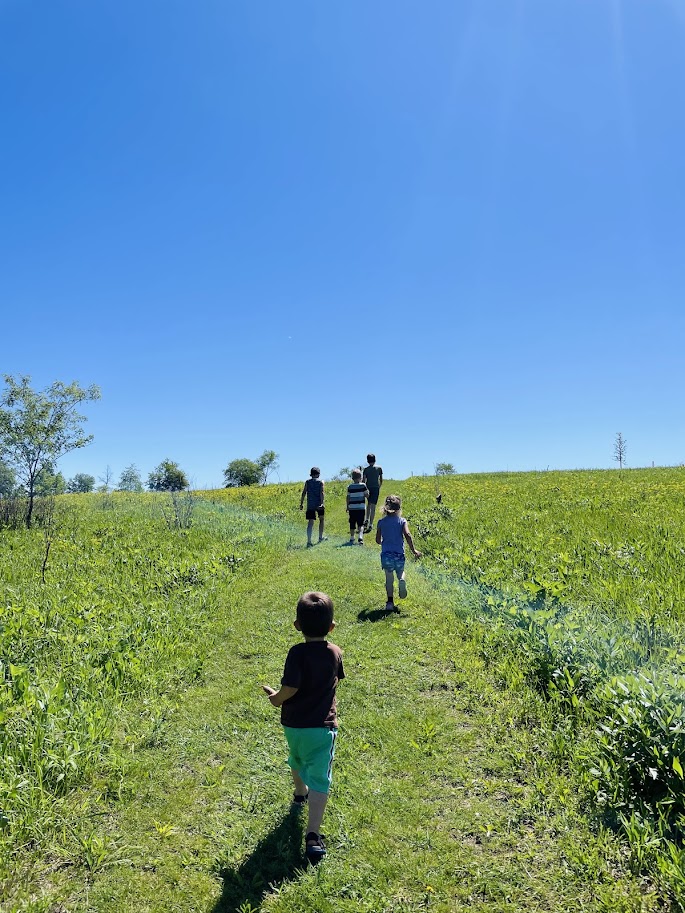
3 Main Pillars of Charlotte Mason Homeschooling
Children Are Born Persons
“Suppose that a mother may offend her child, how is it possible that she should despise him? ‘Despise: to have a low opinion of, to undervalue’ – thus the dictionary; and, as a matter of fact, however much we may delight in them, we grown-up people have far too low an opinion of children.”
Charlotte Mason, Home Education
By this phrase – strangely worded to our modern ears – Charlotte meant that children come into this world not as blank slates to be written upon as we choose, nor empty jars to be filled up with knowledge, but as actual people worthy of respect and consideration. They are born with fully-formed personalities, keen intelligence, endless curiosity, and tender and loving hearts.
Because even the smallest child is a “born person” – not an almost-person or a partial-person or a someday-person – Charlotte believed in giving children exposure to the very best in music, art, and literature, rather than only watered-down “children’s versions.” She had such respect for children that she believed them fully capable of appreciating and understanding well-written poetry, complex language in literature, and so much more!
Furthermore, Charlotte drew upon her deep Christian faith and knowledge of the Bible to understand that each and every child is created in the image of God, is one for whom Christ died, and is worthy of the best and most thoughtful education we can give to them.
Some Practical Ways We Attempt to Apply This:
We read to our children not only from simplified “children’s bibles” but also from the Bible itself. We try to respect our children giving them work to do to contribute to our home, by asking for their input when possible, and by not talking down to them or dismissing their concerns. We listen to classical music AND children’s music, read classic works of literature in the original form (AND plenty of children’s books too), and sing old hymns with complex language.
Although all parents will offend or “despise” their children at times (we are guilty of this too), by God’s grace our goal is to keep growing in our understanding of them and to learn to teach them in a way which does not stifle or mock their abilities.
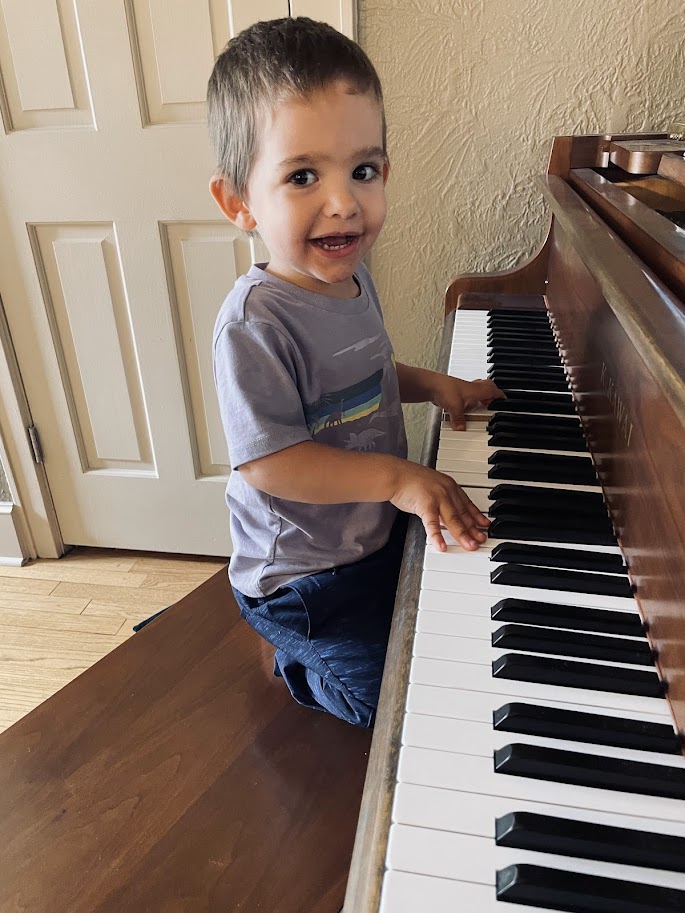
An Atmosphere, a Discipline, a Life
“In the saying that ‘education is a life,’ the need of intellectual and moral as well as of physical sustenance is implied. The mind feeds on ideas, and therefore children should have a generous curriculum.”
Charlotte Mason, Home Education
Charlotte famously said that education is “an atmosphere, a discipline, a life.” By this she means that the visible AND invisible atmosphere of the home (or school) is a large part of one’s education, including the attitudes present, the priorities of the family, the decor and organization, the tone of conversations, and more. She also believed that the formation of good and helpful habits is necessary in order to lay the groundwork for life-giving routines that allow the child to fully absorb the ideas he is receiving from his education (this is the discipline).
Finally, the life she refers to includes both the real-life experiences that children naturally participate in as they are part of a home and family, and also what she refers to as “living books” – namely, books that are interesting, full of ideas rather than mere facts, and written in an engaging way by someone who is passionate about the topic at hand.
Some Practical Ways We Attempt to Apply This:
We stick beautiful art to the bathroom wall. We practice character training as much as we are able, and pray for God’s strength each day to lead our children with grace and patience and forgiveness. We have bookshelves crammed with good, living books in nearly every room of the house. We practice daily habits to help our house run more smoothly (which is hard for me too, and I am working on this right alongside the kids!). We involve our children in as much of our life as we can.
We try to choose books that use beautiful language or convey interesting ideas: one way to test this is to read a bit of it yourself and see if it’s enjoyable or interesting; if you don’t think so, your children probably won’t like it either. The atmosphere, discipline, and life of our home is far from perfect (sometimes painfully far!), but by God’s grace I hope our children will remember it as a home permeated by love for God and for each other.

Education is the Science of Relations
“There is no education but self-education and only as the young student works with his own mind is anything effected.”
Charlotte Mason, A Philosophy of Education
By this, the “science of relations,” Charlotte meant that true education happens when we, or our children, make connections – or relate ideas to one another. Notice I did not say that we make connections for our child. We can make them for ourselves, or the child can make them for himself. This education does NOT happen when a teacher or a textbook “helpfully” makes all the connections for us, or tells us exactly what to think – it only happens when we do this mental work ourselves. Unfortunately for us eager-homeschool-mothers, the more of this connecting and relating between ideas that we do for the children, the less they will do for themselves. Ask me how I know!
Some Practical Ways We Attempt to Apply This:
The children practice narrating after I read to them. I try not to talk too much about what we read (this is hard for us mothers)! When reading books to the children for school, I may explain a new word here or there, or answer a question if they have one, but for the most part I want to let the children interact with the author without me getting in the way or interfering between them.
We do not purposefully design “unit studies” where all subjects tie together in an unnaturally tidy way, but instead read many different good books on many different subjects. And as we do, we find that the ideas we encounter relate to each other in unexpected and surprising ways – because they are true and real and part of life. Thus we find that a chapter on botany relates to ancient history and their farming techniques which relates to our Bible story of the Israelites in Egypt which relates to that one fairy tale with the stubborn, prideful ruler and so it goes on and on.
Charlotte Mason Homeschooling: In Conclusion
Of course, with six lengthy volumes to read through and glean from, there is much more that could be said. Some homeschoolers will talk about how Charlotte favored short lessons to hold the child’s attention, or her injunction that children should be outside in nature for 4-5 hours each day, or her ideas for art and music study. If you read books about her you’ll find many different ideas for practically implementing her 19th century ideas into our own 21st century homes.
However, in conclusion, I think there are three main reasons why so many people (including myself) appreciate her and find her words to be true: firstly, because she was a Christian, and her educational philosophy was formed with the foundation of God’s word undergirding it all; secondly, because she had such a deep respect for children and was committed to sharing truth with them without encroaching on their personhood; and thirdly, because she communicated universal truths about who people are and how they should learn, many of which were passed down through the ages from wise educators who came before her.
These three reasons explain why her ideas have survived the test of time, why mothers and teachers continue to be drawn to her philosophy, and why, after we try it out in our own messy and imperfect families, we find that it still works.
Author Karen Glass sums it up beautifully:
“Miss Mason wanted to offer the world a glimpse of the universal truths that govern the way the mind operates and learns, which would in turn govern the behavior of teachers and parents who are involved in the process of educating children. This is the whole premise of her educational philosophy – that there are principles and that knowing and following those principles gives us as parents and teachers the best chance of succeeding in our endeavors. We may walk with confidence, run with endurance, and perhaps even fly.”
Karen Glass, In Vital Harmony

